Earth
-
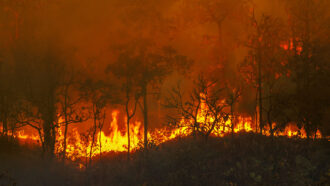 Climate
ClimateCan wildfires cool the climate?
Severe wildfires are becoming more common. Science is showing that the tiny particles they release into the air can alter Earth’s temperature — sometimes cooling it.
-
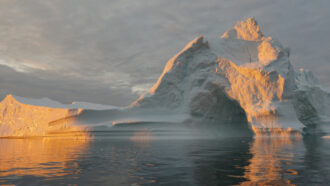 Climate
Climate2020 was warmest year on record for Earth’s oceans
2020 continued the trend of record-breaking heat for the world’s oceans. The three previous warmest years on record were 2019, 2017 and 2018.
-
 Earth
EarthLet’s learn about snow
Snow is more than just frozen water vapor. Scientists are studying everything from its shape to other planets where snowflakes fall.
-
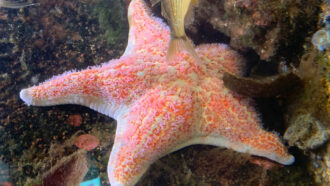 Animals
AnimalsChoked by bacteria, some starfish are turning to goo
For years, researchers thought gooey, dying starfish were infected. Instead, these sea stars are suffocating. And bacteria may be behind it all.
-
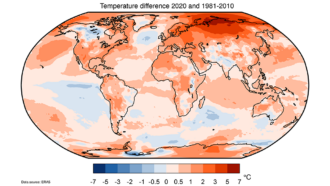 Climate
ClimateAnalyze This: 2020 ties with 2016 for hottest year on record
Last year capped the warmest decade on record. It coincided with a growing increase of warming greenhouse gases in Earth’s atmosphere.
-
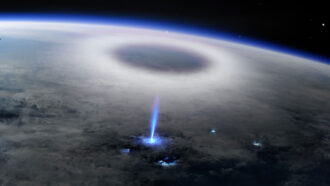 Earth
EarthSpace station sensors saw how weird ‘blue jet’ lightning forms
A mysterious type of lightning in the upper atmosphere has been traced to a brief, bright flash of light at the top of a storm cloud.
-
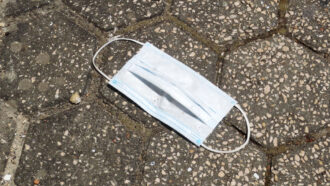 Environment
EnvironmentUnmasking the pandemic’s pollution problem
Discarding all the materials people use to protect themselves from COVID-19 has created a growing environmental problem.
-
 Chemistry
ChemistryA new catalyst turns greenhouse gas into jet fuel
The catalyst is an improvement over its predecessors. Made of cheap materials like iron, it produces jet fuel in a single step.
-
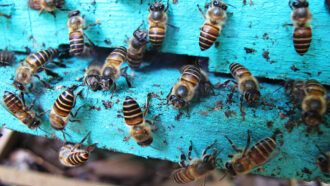 Animals
AnimalsHoneybees fend off deadly hornets by decorating hives with poop
Bees usually collect pollen and nectar. Scientists were surprised to find that Asian honeybees also gather animal dung to defend their hives.
By Asher Jones -
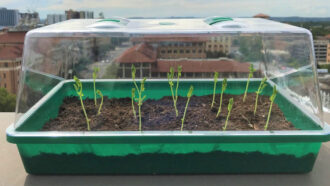 Agriculture
AgricultureDew collector brings water to thirsty plants
This invention grabs water from the air at night. All it needs is the sun’s warmth the next day to release that moisture to growing plants.
-
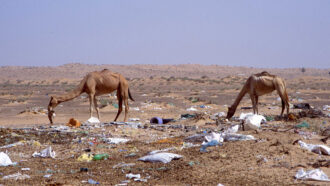 Environment
EnvironmentCamels have been dying after mistaking plastic for food
Plastic waste has been building up in the guts of some camels. It may now be killing off one percent of them in the United Arab Emirates each year.
By Asher Jones -
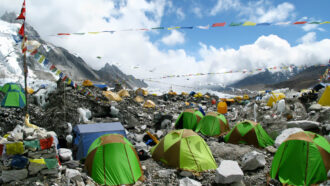 Environment
EnvironmentAnalyze this: Microplastics are showing up in Mount Everest’s snow
Microplastics have made their way to the snow on Earth’s tallest peak. Most of the plastic likely comes from climbers’ equipment and clothes.